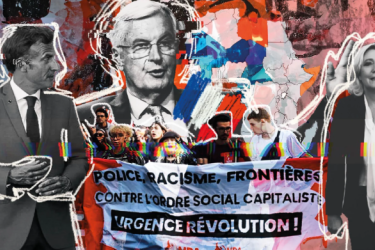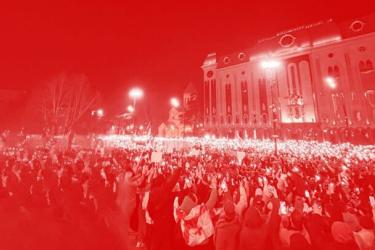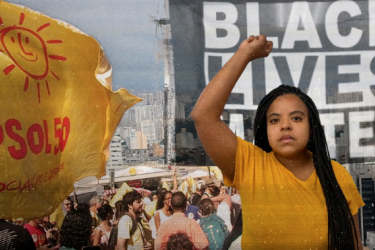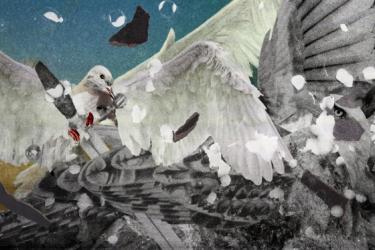Posle Editorial Collective
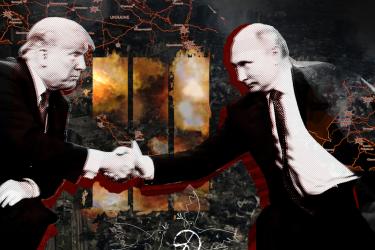
Russian left statements: ‘The Putin-Trump “peace talks” will bring nothing but new imperialist wars’
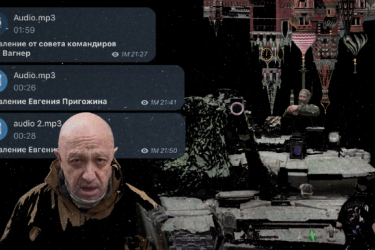
'Prigozhin's March': What was it all about?
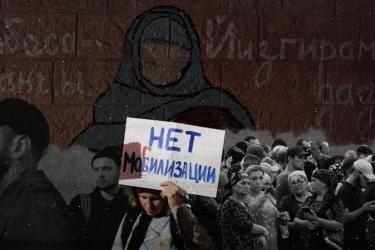
Dagestan: 'In almost every village someone was killed'
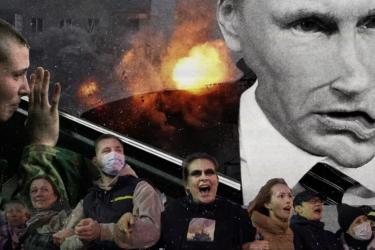
Posle (Russia): Not a single soldier for the criminal war!
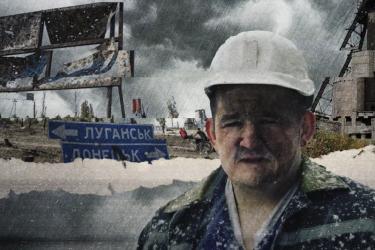
Before the 2014 war, Pavel Lisyansky, founder of the Eastern Human Rights Group, was a miner and trade union activist in the Donbas. If it were not for Russia’s aggression, he would still be working in the mines, he says. “This is my life,” is how he signed the photo from his personal archive accompanying this interview. Today, Pavel Lisyansky and his colleagues from the Eastern Human Rights Group (EHRG) founded in July 2014 in Debaltseve actively document and report on human rights violations in the Russian-occupied territories and help local residents facing lawlessness.
